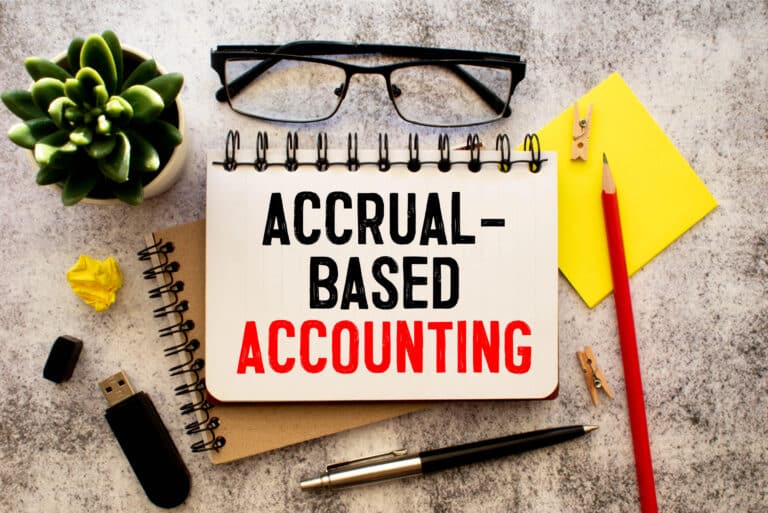Estimated reading time: 6 minutes
Many of our customers are business owners and many of those businesses are S Corps. One question that comes up all the time is: how do I pay myself? This gets to the heart of a solid reasonable compensation and distribution strategy.
Let’s talk about some of the most common questions we receive about reasonable compensation.
What is reasonable compensation? Why does it exist?
Per the IRS, “an officer of a corporation is generally an employee.” Employees need to be paid a wage. As I touched on in this article, given how S Corps work, lower officer wages mean greater tax savings. The owner/officer’s incentive is for wages to be as low as possible. The IRS’ incentive is for wages to be as high as possible. Thus, an impasse exists, so the IRS says the wage simply (or not) needs to be “reasonable.”
Basically, “reasonable compensation” is the cost to replace you in your business on the open market.
What criteria does the IRS use to determine if my compensation is “reasonable?”
One of the main takeaways from this article should be that there’s no hard and fast formula for determining what “reasonable” is. Instead, the IRS generally tests nine factors in determining whether or not a compensation level is reasonable:
- Training and experience
- Duties and responsibilities
- Time and effort devoted to the business
- Dividend (i.e. distribution) history
- Payments to non-shareholder employees (i.e. is the owner/officer paid less than other employees?)
- Timing and manner of paying bonuses to key people
- What comparable businesses pay for similar services
- Compensation agreements
- The use of a formula to determine compensation
When setting an S Corp owner’s salary for the year, each of the above factors should be considered.

How can I calculate a reasonable salary for myself as the owner of an S Corp?
First things first, do not use a rule of thumb that you heard from your dad/neighbor/long lost aunt/Reddit thread. While there are calculators out there that can streamline the process, my recommendation would be that you get help to navigate the calculation.
In our firm, we use a software to help us navigate reasonable compensation studies with customers. The study takes between 30 and 45 minutes and the process ends in a multi-page report which details the compensation level and satisfies most of the IRS’ nine points above. Our process factors in:
- Your geographic location
- How much time you spend in and on the business
- The various roles you contribute to in the business and your competency in each
- What type of business you’re in
- How Bureau of Labor Statistics (BLS) wage data apply to the above
The combined analyses per the above results in an annualized salary number that you can then run through payroll. Another key is to make sure the payroll is paid on a consistent basis. A lump sum payment at the end of the year is not ideal.
In fact, a reasonable compensation analysis should be done before your business elects S Corporation status. Reasonable compensation is a key data point in forecasting whether or not an S Corp election will save you money in taxes. Not every S Corp election saves the business owner money…
What are the risks of setting my salary too low or too high as an S Corp owner?
First, let’s start with the risk of setting your salary too high. This is easy, you’ll simply pay more in taxes to the IRS than you need or want to. How much will depend on the facts, circumstances and dollars at hand.
If you pay too little, that gets more complicated. The IRS can come back and reclassify distributions (not subject to payroll tax) to wages (subject to payroll tax). When this happens, they will estimate what your reasonable salary should have been. Then, they’ll compare that to what you paid yourself. Then, they’ll apply the payroll tax rates to the difference. Finally, they’ll apply penalties and interest to the amount due.
Three things are for sure if the IRS reclassifies distributions as wages:
- It will come at an inopportune time (the IRS has a knack for this)
- The taxes, penalties and interest will be expensive
- The IRS will go back several years in time (probably, as they never seem to do anything timely)
What documentation should I maintain to justify my salary in the event of an audit?
A few things:
- Maintain good payroll records. If you’re regularly running payroll for yourself and your employees, and you’re using payroll software and/or a service to do it, this should be done automatically.
- Document the timing and amount of all distributions taken by owners.
- Document the process, procedures and data you used to arrive at your reasonable compensation figure. If you’re using a formula, make sure it’s logical.
- Ratify the reasonable compensation amount in the minutes of your annual meeting (it’s best practice to have at least one corporate meeting per year).
How do industry benchmarks influence what is considered reasonable compensation for my role?
There won’t be an industry benchmark, per se. For example, a marketing agency won’t pay an S Corp owner X% of revenue and that’s the benchmark everybody should use. Every business and every owner will have a different set of facts and circumstances.
Where industry factors will apply is in rates of pay, however. For instance, physicians’ offices have different wage scales than quick service restaurant establishments. Quick service restaurants have different wage scales than accounting firms.
What steps should I take to adjust my compensation if I realize it doesn’t meet IRS standards?
If you realize your compensation level is too low, the first thing you should do is consult your tax professional. Then, work together to update your payroll amounts and timings. If you realize you have a problem within a year, it’s much easier to fix than if you realize you had a problem after the year is over.
Once you have a good system in place, we recommend that you revisit your reasonable compensation amount at least once per year.
Conclusion
Reasonable compensation is a key factor in determining whether or not an S Corp election is right for your business. It’s also something that’s extremely important to manage as you’re operating your S Corp. Not effectively managing your reasonable compensation can cost you money in the form of tax savings. Improper management also opens the door to potential tax penalties and interest.
While there are no hard and fast rules for setting reasonable compensation. We strongly discourage against the use of “rule of thumb methods,” but there are ways to make setting reasonable compensation less onerous.




